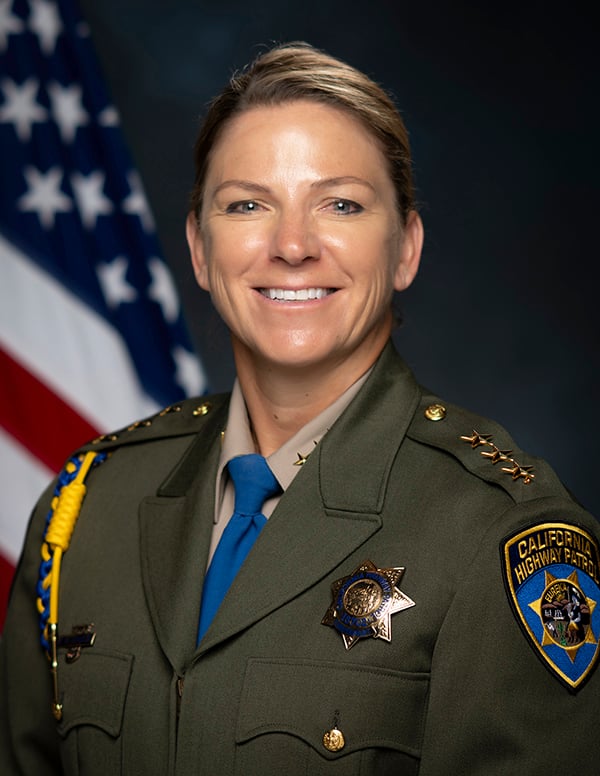Assistant Commissioner - Staff

Assistant Commissioner Staff Johnson
The Assistant Commissioner, Staff (ACS) provides executive level oversight of four administrative Divisions and one office as well as serving as the Department's Fiscal Officer.
ACS currently oversees the operations of the following divisions and offices:
Information Management Division
- Information Technology Section
- Support Services Section
- Technology Infrastructure Section
- Telecommunications Section
- Communications Centers Support Section
Personnel Management Division
- Human Resources Section
- Selections Standards and Examinations Section
- Uniformed Hiring Section
- Injury Case Management Section
Enforcement and Planning Division
- Research and Planning Section
- Commercial Vehicle Section
- Special Projects Section
- Field Support Section
- Impaired Driving Section
Administrative Services Division
- Fiscal Management Section
- Fleet Operations Section
- Business Services Section
- Facilities Section
Departmental Training Division
- Academy Regular Basic Course Section
- Academy Operations Section
- Organizational Development Section
